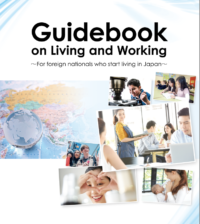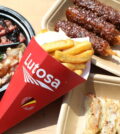- Belgium comes to Yamashita Park
- Residential Villa in Phuket Entices Remote Workers With Long-Stay Rates
- Rare pieces of French glass art at the Mirai Museum of Art
- Feast on fresh fish and seafood at the 2024 ‘Sakana’ Festival
- Would you like to ride in a Louis Vuitton gondola lift?
- Naked Snow Aquarium
- Festive lights at Yomiuriland will get you feeling the holiday vibes
Cooking with Tao
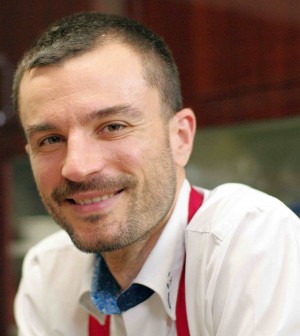
At age 18, Spain-born Tao Romera Martinez left his hometown Murcia to attend the INSA university in Rennes, France. Ten years ago, he came to Tokyo to do a six-month internship at the Tokyo Institute of Technology but has stayed since.
An engineer by profession, Tao worked for Japanese companies in the first six years of his stay in the country. But as startups pique his interest, he turned to freelancing to focus on what he is most passionate about – his love for food and culture.
When not busy with work, the young food enthusiast who is fluent in Japanese, English and French, apart from Spanish, his mother tongue, gives cooking lessons at home or attends one through Tadaku (tadaku.com). Tadaku.com is a cooking group Tao founded where Tokyo foreign residents with intermediate culinary skills can teach anyone who wants to learn how to prepare foreign dishes. He now shares that journey with like-minded individuals interested not only in cooking but cultural exchange as well. Tokyo families caught up with Tao to find out more about Tadaku.
How did you first get into cooking?
That would be when I moved from my hometown, Murcia, to France to attend university. I had almost no cooking experience at that point. But I didn’t dislike cooking. I just hadn’t been really exposed much to it. Being on my own, I had to cook for myself if I wanted to eat decent food (eating in a restaurant in France is expensive and I was a student). I also wanted to eat Spanish food so I started asking my father (the cook in the family), how to prepare paella, then Spanish omelette, and etc.
It was not only motivated by my desire to eat Spanish food, but also by the interest that all the other international students at school showed in Spanish cooking. Not before long, we were doing culinary exchanges in the dorm among students from all over the world.
What inspired you to open a chat, cook and eat session?
From a personal point of view, I love cooking and discovering new cultures. Tadaku cooking classes are a mix of both: you discover another culture THROUGH cooking.
I do think that terrible things such as racism and war do happen because of a lack of understanding between different cultures. I feel that I am fostering mutual understanding between people with very different cultural backgrounds by organizing these classes. It’s my way of contributing to world peace.
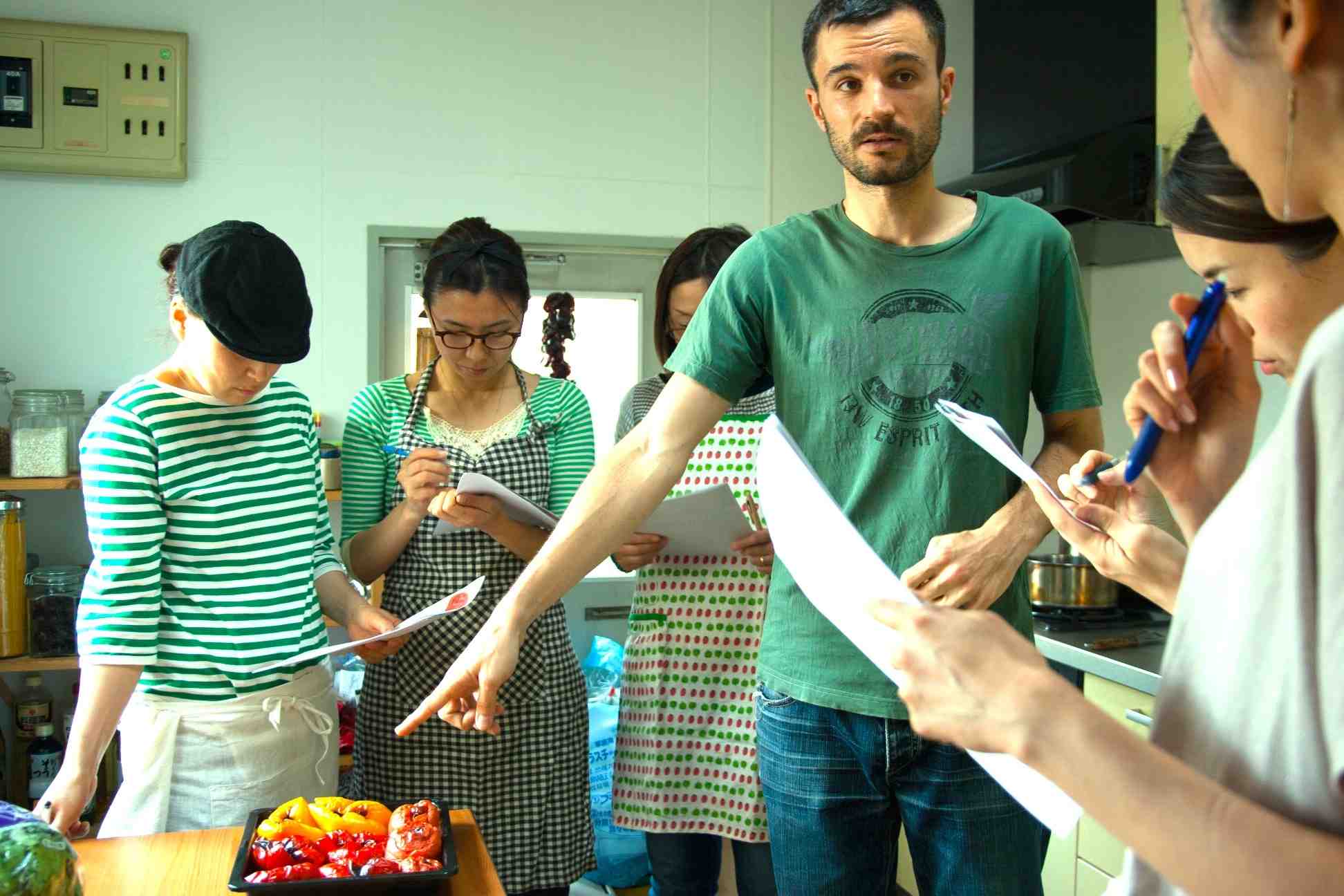
Tell us about the other foreigners you work with and what kind of cuisine do you teach in general?
Oh, we have about 20 teachers in Tokyo from about 15 countries, and we keep on adding new teachers every month. Each teacher only teaches cuisine from his/her home country or region. This is a very important point, because Tadaku classes aim to introduce students to authentic local cuisine from around the world while discovering the culture of that country/region. This task can only be fulfilled by someone who is identified as “native” to that region. We will not have then a Japanese teacher teaching Spanish food, or a Spanish teacher teaching French food. Basically, you can only teach a particular dish if you are able to say “My grandmother always made this recipe using XXX” or “When I was a child, I always ate XXX in summer”.
Who comes to your classes and how do they find you?
They are all people interested in cooking and in foreign cultures. It can be more of one or the other, but the 2 elements are always present, to some extent.
They find us mostly through Facebook posts that students who have attended classes publish on their Facebook accounts. Some of them also find us by searching for “Spanish cuisine” or any relevant keyword.
How does Tadaku work?
Cooking classes are organized by foreigners living in Japan. Every teacher teaches his/her country’s cuisine at home. It’s not a formal cooking class, like ABC cooking, but a casual, fun and relaxed cooking atmosphere, very similar to a home cooking party.
Teachers create “profiles” for each of their menus. In one profile, you describe the dishes you are going to cook during the class, give information about the origin of the dish/dishes, and its significance in your culture, country or region, etc.
Tadaku is not just about food, but also about cultural exchange through cooking.
Go to this site to view an actual profile: www.tadaku.com/menus/1421
Interested people can simply join one of the upcoming lessons by through our website www.tadaku.com/local/japan and clicking on the “Book” button of the lesson they want to attend.
Teachers decide the menus they want to teach for the class. Students can check the website to see what classes are upcoming and join one of them, or if they want to receive information about new classes, they can join our newsletter also on our website.
The cooking classes take place at the teacher’s home. That is a requirement we have when new teachers join us. Having the cooking class at the teacher’s home makes it much more casual, personal and provides a much better cultural experience. For example, if students come to my home, they will be able to see Spanish tableware, interior decoration, books, etc. It’s like a one day homestay experience with cooking class.
Your cooking sessions are in Japanese. Can a non-Japanese speaking foreigner join as well?
Actually only half of the lessons are in Japanese. All the teachers are non Japanese, and about half of them do not speak Japanese. The language of the class is specified for each class. Non Japanese speakers are welcome!

Paella class
What’s been the most attended cooking session so far?
My Paella class. ( www.tadaku.com/menus/981)
Probably because it’s the oldest one and because of the Spanish food boom in Japan.
Do you have a vision for Tadaku?
Yes, I want everyone to have a great moment sharing their passion for cooking with people from other cultures! ◆
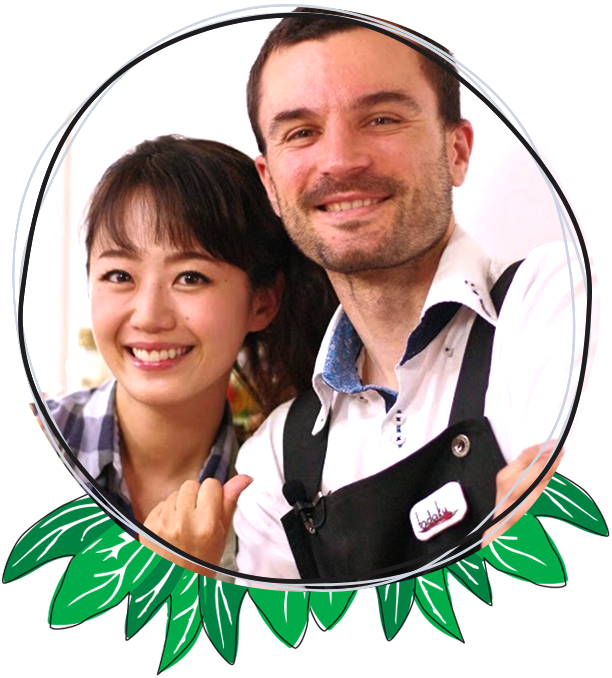 Tao collaborates with financial analyst and Japanese actress Mitsui Chieko for Foodies magazine (an affiliate of Foodies TV), a local web magazine featuring Tadaku teachers. Visit the site to see all the cooking schedules in Tokyo:
Tao collaborates with financial analyst and Japanese actress Mitsui Chieko for Foodies magazine (an affiliate of Foodies TV), a local web magazine featuring Tadaku teachers. Visit the site to see all the cooking schedules in Tokyo:
www.tadaku.com/


